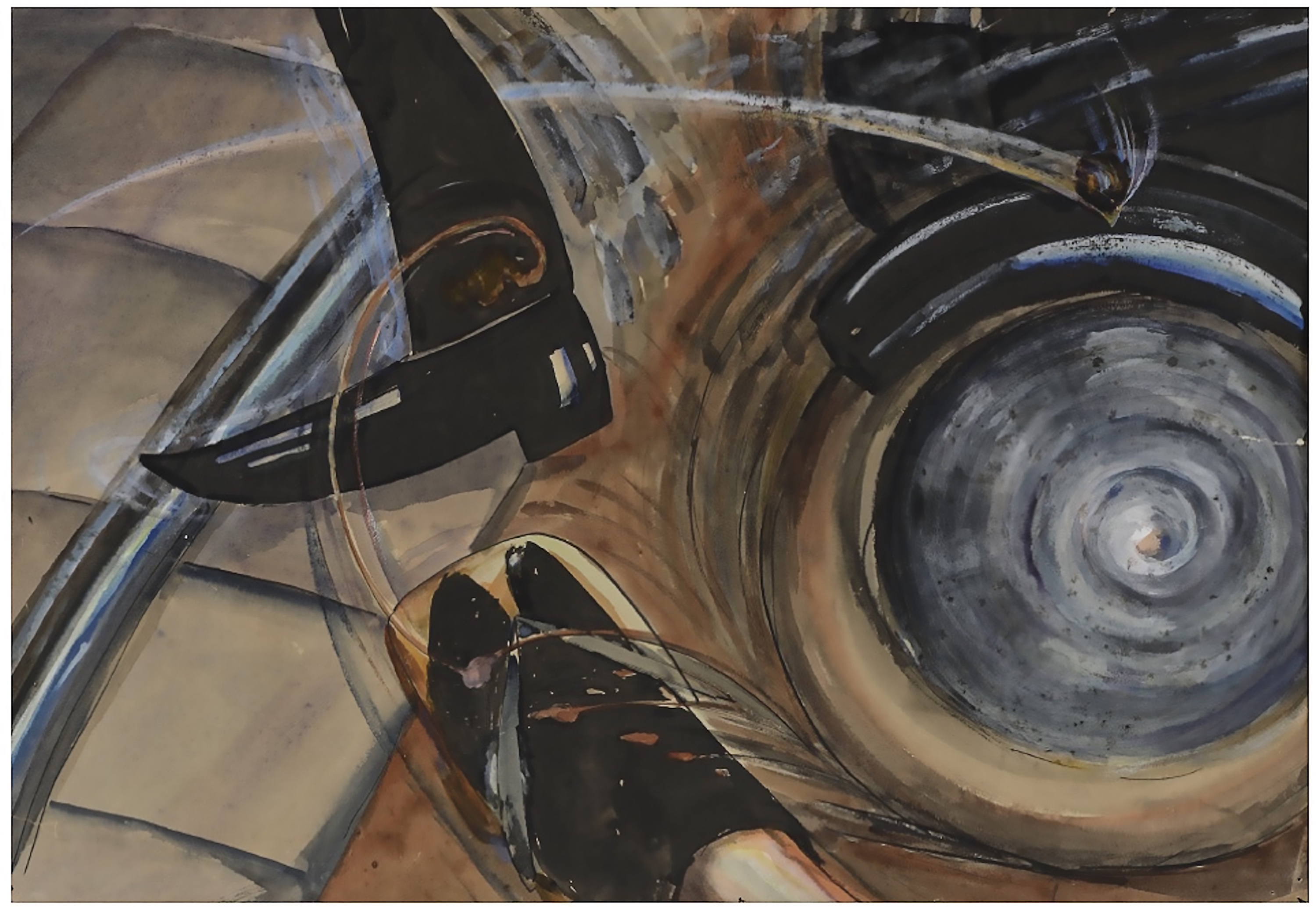Promiscuity


Promiscuity (the state of being characterized by many transient sexual relationships)—in the broader and speculative mode—invites “us” to look at the potential outcomes of multiple engagements across multiple disciplines. Not only as a system of knowledge production, but also as a catalyst of energies—cultural, aesthetic, theoretical, artistic, and ethical—that shapes a methodology not in the direction of a complex unity, but at the contrary of a site of different, of-all-kinds forms of becoming. Perhaps it is time to think promiscuity as a way to escape the normalizing discourse perpetuated by normative capitalistic structures of generating knowledge?
But what does vulnerability actually mean? Is it being able to acknowledge a state of pain or insecurity, embracing the feeling of coming undone? I feel that it’s something I’ve tried to hide from others and from myself. At the cost of headaches, a bloated stomach, the inability to articulate a sentence. A mental-physical feeling of paralysis. I now suspect that people spend a lot of time and effort hiding in this way. Could I overcome my terror of falling apart if I allowed myself to rely on others, on you? Or should I be a “cruel optimist” and create hopeful and positive attachments, in full awareness that they will not work out?
The mediated, sentient, and intelligent plant potentially invites us to think about nature, plants, technology, and ourselves-as-humans in different ways. As plants in particular are revealed as agentic, intentional beings, the mediated plant potentially invites us to develop more caring, attentive, and communicative attitudes toward the vegetal. In this way, the mediated plant can push us forward in the urgent “struggle to think differently” that Val Plumwood called us to join. Perhaps the mediated, sentient, intelligent plant can help us to queer nature, to queer botanics, to queer ourselves-as-humans as we “go onwards in a different mode of humanity.” But why to queer? Why not “simply” to “decolonize”?
We need to learn from trees and forests. We need to practice a politics of solidarity with nonhumans. Without this understanding, the only common ground that humans and nonhumans will have is a planetary future without us.
















